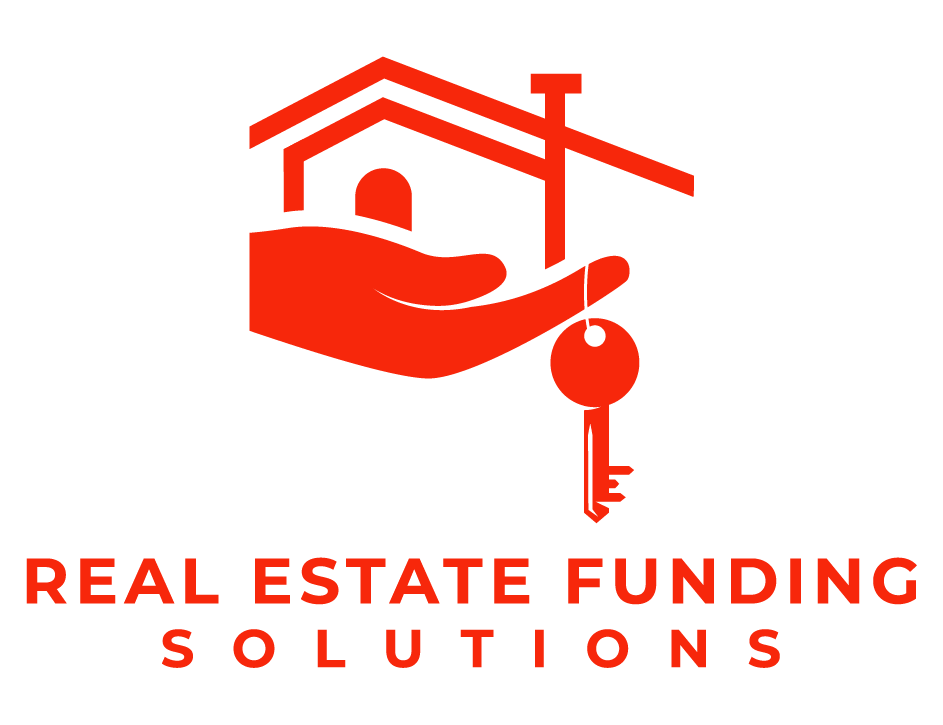Are you a real estate developer or investor with big dreams but lack the capital to bring them to life? If so, hard money commercial loans might be the solution you’ve been searching for. In this article, we’ll explore how these specialized loans can turn your real estate projects from mere concepts into vibrant reality.
Unlike traditional lenders, who focus primarily on creditworthiness and income, hard money lenders prioritize the value of the property itself. This opens up new opportunities for real estate enthusiasts who may have less-than-perfect credit or unconventional sources of income.
By providing quick financing with less bureaucracy and a more flexible approach, hard money commercial loans have become a vital resource for developers, flippers, and investors alike. Whether you’re looking to fix and flip a distressed property or need funds for a ground-up construction project, hard money loans offer a streamlined and efficient path to success.
Join us as we delve into the intricacies of hard money commercial loans and discover how they can help you transform your real estate visions into profitable ventures. Get ready to unlock the potential of your projects and take your real estate investments to the next level.
Understanding hard money commercial loans
Hard money commercial loans are a type of financing that is secured by real estate. Unlike traditional loans from banks or credit unions, hard money loans are typically provided by private lenders or investor groups. These loans are called “hard money” because they are backed by the “hard” asset of the property itself, rather than the borrower’s creditworthiness.
One of the key characteristics of hard money commercial loans is their short-term nature. Most hard money loans have terms between six months to three years, with the expectation that the borrower will either sell the property or refinance with a traditional lender within that timeframe. The interest rates for hard money loans are typically higher than those of traditional loans, reflecting the higher risk involved for the lender.
Hard money commercial loans are often used for projects that require quick financing. For example, if you find a distressed property that requires extensive renovations, a hard money loan can provide the necessary funds to purchase and rehabilitate the property. Once the property is fixed up, you can either sell it for a profit or refinance with a traditional lender.
The advantages
There are several advantages to using hard money commercial loans for your real estate projects.
1. Speed and flexibility: Unlike traditional lenders that can take weeks or even months to approve a loan. Hard money lenders can provide financing in a matter of days. This quick turnaround time allows you to seize opportunities that may not be available if you had to wait for conventional financing. Additionally, hard money lenders are more flexible in their underwriting criteria, allowing them to finance projects that may not qualify for traditional loans.
2. Asset-based lending: Hard money lenders focus primarily on the value of the property itself, rather than the borrower’s creditworthiness or income. This means that even if you have less-than-perfect credit you may still be able to qualify for a hard money loan. As long as the property has sufficient value and potential, a hard money lender will be willing to provide financing.
3. No prepayment penalties: Traditional lenders often impose prepayment penalties if you pay off your loan early. This can be a significant financial burden if you plan to sell or refinance the property before the loan term is up. With hard money loans, there are typically no prepayment penalties, giving you the freedom to sell or refinance the property whenever it makes financial sense.
How to qualify
While hard money lenders are more lenient in their underwriting criteria compared to traditional lenders, there are still certain requirements you need to meet to qualify for a hard money commercial loan.
1. Property value: The primary factor that hard money lenders consider is the value of the property. They will typically lend up to a certain percentage of the property’s value, known as the loan-to-value (LTV) ratio. The LTV ratio can vary depending on the lender and the type of property, but it is generally between 60% to 80%. The higher the LTV ratio, the more risk the lender is taking, which may result in a higher interest rate.
2. Exit strategy: Hard money lenders want to ensure that you have a viable plan to repay the loan. They will want to see a clear exit strategy, such as selling the property or refinancing with a traditional lender. Having a solid plan in place demonstrates your ability to successfully complete the project and repay the loan.
3. Experience and track record: While hard money lenders are more focused on the property than the borrower. They still want to see that you have the experience and track record to successfully complete the project. This is especially important for more complex projects, such as ground-up construction or major renovations. Providing evidence of past successful projects can help strengthen your loan application.
Tips for successfully securing a hard money commercial loan
Securing a hard money commercial loan requires careful preparation and planning. Here are some tips to increase your chances of success:
1. Research and compare lenders: Not all hard money lenders are created equal. Take the time to research and compare different lenders to find one that aligns with your needs and goals. Look for lenders with experience in your specific market and property type.
2. Prepare a solid business plan: Just like with any loan application, a well-prepared business plan can make a significant difference in securing financing. Your business plan should outline your project’s details, including timelines, costs, and expected returns. It should also highlight your experience and track record in real estate.
3. Have a realistic budget and timeline: Hard money lenders will want to see that you have a realistic budget and timeline for your project. Make sure to account for all costs, including acquisition, renovations, carrying costs, and selling or refinancing fees. Having a detailed and well-thought-out budget will demonstrate your ability to manage the project effectively.
4. Be prepared for due diligence: Hard money lenders will conduct their due diligence to assess the value and potential of the property. Be prepared to provide documentation such as property appraisals, contractor estimates, and financial statements. Having these documents readily available will speed up the loan approval process.
Case studies: Real estate projects funded by hard money loans
To illustrate the power of hard money commercial loans, let’s take a look at a couple of real-life case studies:
1. Fix and flip: Mary, an experienced real estate investor, identified a distressed property in a desirable neighborhood. She secured a hard money loan to purchase the property and fund the necessary renovations. After completing the renovations, Mary sold the property for a substantial profit, repaying the hard money loan and pocketing the remaining proceeds.
2. Ground-up construction: Ron, a seasoned developer, had a vision for a mixed-use development in an up-and-coming area. Traditional lenders were hesitant to finance the project due to its complexity and higher risk. However, Ron was able to secure a hard money commercial loan based on the potential value of the project. Once the development was completed, Ron refinanced with a traditional lender, paying off the hard money loan and realizing a significant return on investment.
These case studies highlight how hard money commercial loans can turn real estate concepts into profitable ventures.
Conclusion: Why hard money commercial loans are a valuable financing option for real estate projects
Hard money commercial loans offer a unique and valuable financing option for real estate developers, flippers, and investors. Their asset-based lending approach, speed of funding, and flexibility make them an attractive choice for projects that may not qualify for traditional financing.
If you have big real estate dreams but lack the capital to bring them to life. Consider exploring the world of hard money commercial loans. With the right lender, you can turn real estate concepts into reality and take your investments to the next level. So, don’t let limited capital hold you back. Embrace the power of hard money loans and unlock the potential of your real estate projects.



